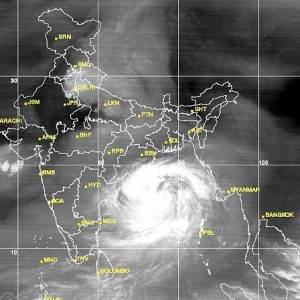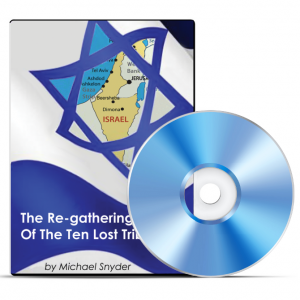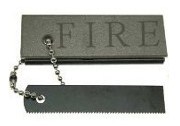Hurricanes and typhoons are very powerful storm systems that pack powerful winds and rain that have the capability of causing massive destruction to property and loss of life. For us, two hurricanes have left their mark on our collective memories, hurricanes Katrina and Sandy
Whichever side of the fence you are on about global warming, it is an undeniable fact that the more erratic and forceful weather patterns are connected to this phenomenon. The ferocity and frequency of these destructive events are increasing, and thus, more people are affected, their property and lives at the mercy of nature’s wrath.
If anything, physical evacuation from the affected area is probably the safest thing you can do, provided you have both the luxury of time ahead of the actual event, the proper logistics, and a place to stay away from the potential calamity. For those that do not have such an option, or insist on staying in their homes, it is imperative that the proper preparations are to be enacted.
Supplies
First and foremost, your household must have sufficient supplies to survive while weathering out the storm. It is assumed that all businesses will be closed or are adversely affected, so it is prudent to acquire all the supplies that you will need way before the day the storm system begins to take effect. Last minute shopping is discouraged, as people will encounter very long lines, scarce and expensive goods, and possibly even public disturbances due to all the anxiety and stress in the air.
Create a list of food, water, clothing, medicines, and all other essentials that you might need, check the current inventories, and from that derive a shopping list in which you should be able to fulfill at least a few days away from the arrival of the cyclone. The earlier you do this, the better.
Shelter
The house or structure that you will be seeking shelter in should be inspected and repaired, if necessary. Any leaks, loose boards, or other damage should be remedied days before the storm, as the very strong winds and rain will push the structural integrity of the structure to its limits, particularly the roof.
If you find that the house has too many problems, then it might be best to evacuate or seek shelter in a stronger structure. It is better to be safe than sorry.
Communication and Information
Power and phone lines will certainly be affected during a very strong hurricane, so it is best to have alternative methods of communication and information gathering available during these times. Shortwave radio is one such alternative. Satellite-based internet will probably be affected adversely during the storm itself, but in the aftermath, it should be a viable option. Wireless, for as long as its access points and other infrastructure is not damaged, will be a good source of news and information via the internet.
An Evacuation Plan
There should always be a plan B for events such as these. If the storm is too powerful and your shelter is not able to withstand its wrath, then you must have a plan to evacuate. This will involve doing some risky actions, and it will be even more hazardous if you have small children in your family. This is why evacuation to safer ground should always be considered before anything else.
Transportation should be prepared before hand in the form of reliable land vehicles, and watercraft should there be flooding. For land vehicles, nothing beats the resilience and fording ability of a truck (many kinds out there for different purposes, check sites like Next Truck for options). Rubber inflatable boats are easier to store, but are not exactly the most resilient. If you have more durable watercraft at your disposal (particularly one with the capacity to carry your family plus more), by all means spend your money on such an investment.
Vigilance
The proper mindset is just as important so that you may survive and prevail over natural disasters and calamities. Have the presence of mind to be aware of the situation, but at the same time, do not stress excessively over it. The winds are already in chaos; your mind should remain calm.
Stay safe and vigilant, everyone!
About the Author
Stacey Thompson is a professional writer, marketer, entrepreneur, and a lover of weird little animals. She is based in San Diego, California, and maintains a blog with her friends, Word Baristas.
(Picture Cyclone Phailin www.rediff.com)










